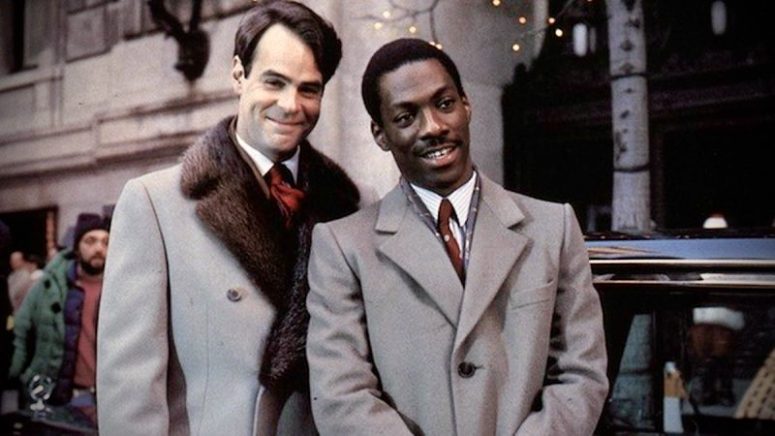How to heal racism: Don’t mention it

Courtesy Paramount Pictures
My dad was born and raised in Northern Idaho. Few, if any, minorities lived there at the time. And yet my Indian-loving grandfather and grandmother taught him not to pay attention to race. Instead, they taught my father to accept each individual on their own merits, like many people had before.
My mother and father taught me the same. In fact, I can’t recall a single time when my dad mentioned race when describing someone. Bank robber in the news? He didn’t mention it. Star athlete in the news? He didn’t mention it. Poor family in need? He didn’t mention it.
Outside of home, I experienced a very different, if not disparaging “us against them” interpretation of race while growing up in the deep, formerly segregated south. That is you talk about race and generalize it all of the time. You divide or bond over it even.
In middle school, for example, one girl who didn’t look like me insisted that minority races cannot be racist or prejudice. That didn’t make sense. Another classmate approached me one day and starting spewing derogatory and racist language, wrongly believing that I shared his toxic views because our skin looked the same. That didn’t make sense either.
Today, I realize we have to talk about difficult things sometimes, racial tension very much included. But I also believe someone’s race is a lousy indicator of their true character. If my own upbringing is any indication, we can either rehash the same juvenile discussions on race to similar effect, or we can take the more mature approach that my father did: in most instances where race doesn’t matter, don’t mention it.
I’m not saying this simple act can cure centuries of racism. But I know first-hand it has the power to heal. You should try it sometime (if you haven’t already). Unless you’re being asked by a cop to identify a suspect, please don’t mention race when describing someone.
